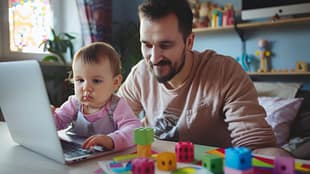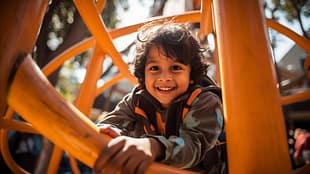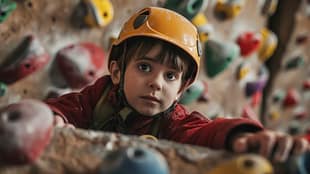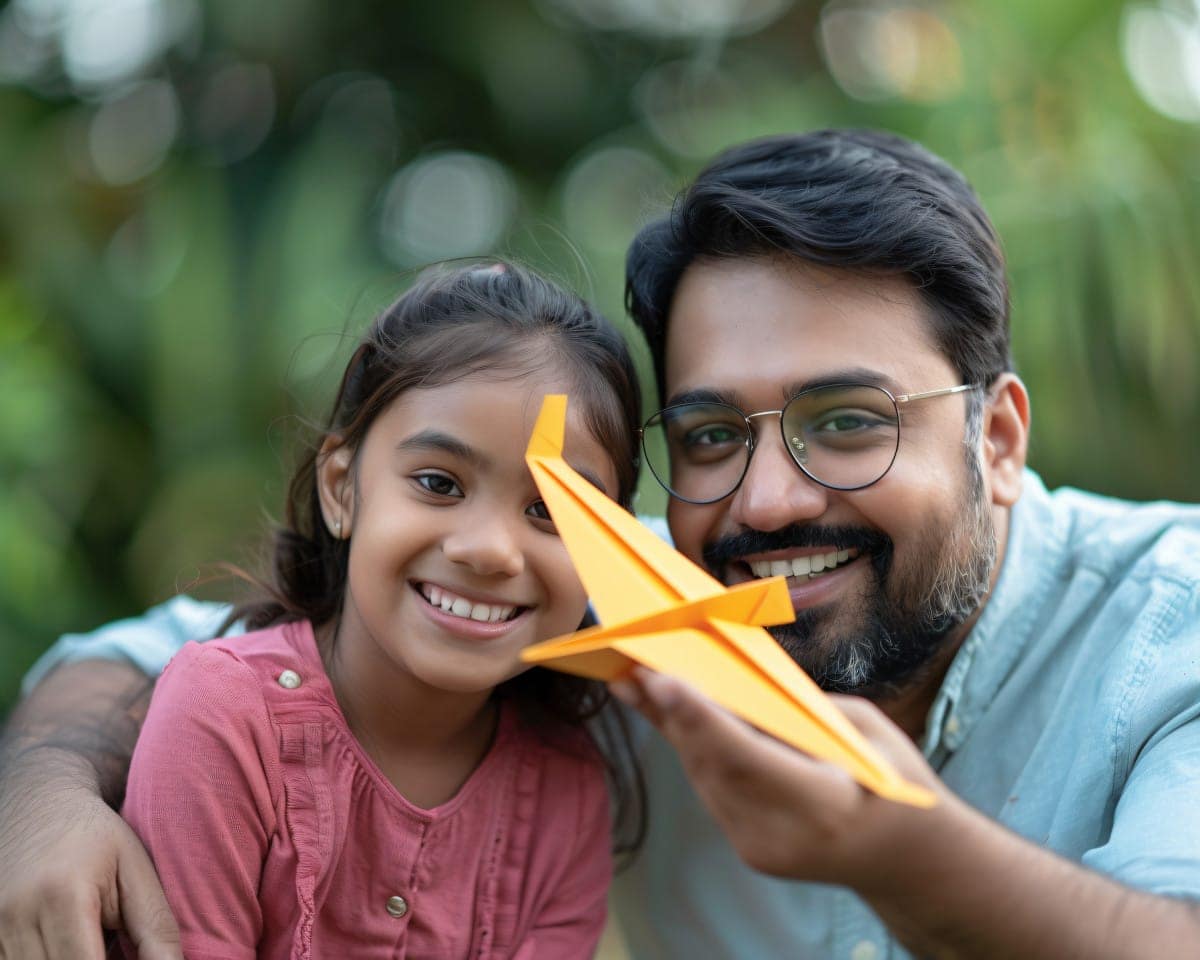
Bonding is an emotional and physical connection between parents and offspring. A child’s bonding usually begins at birth and serves as the basis for development. A child’s brain development is shaped by the “atmosphere of relationships.” This atmosphere is critical for outcomes like academic performance, mental health, and interpersonal communication skills, all of which depend on the architecture of the brain.
A child’s continuum of growth-promoting relationships involves “serve and return” interactions (one-to-one communication and feedback). Early relationships are the most important factor in building brain architecture. Think of it like building a house: first, a solid foundation is laid, and everything else is built on top. Brain development follows a similar process, with neurons in different areas of the brain forming billions of connections to create this architecture. These connections enable fast communication between neurons, specific to different actions.
Children play an active role in this developmental process by interacting with their parents, family, and community. When a child gestures, cries, makes eye contact, uses words, or offers hugs, and when adults respond, the neural connections in the child’s brain are built and strengthened. Given the extreme importance of the first few years of life, the need for nurturing relationships, beginning in infancy, cannot be forgotten.
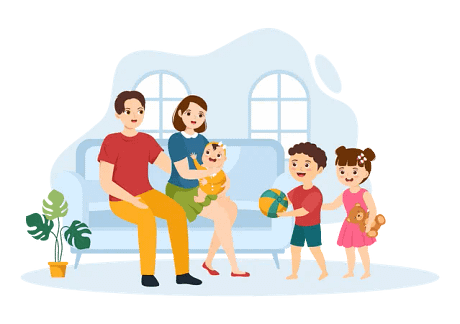
Bonding Activities
- Bedtime stories for 10 minutes every night
- Read on
- Plan games for the whole family to play at night
- Go for a walk around
- Ask about their day at school
- Travel together by train
- Tell them how much you love them
- Plan a date just to spend with the kids
- Watch a movie
- Get dressed
- Watch a play
- Eat breakfast together
- Create time when electronics are not used
- Read a sequel story together
- More about your child’s interests
- Make a craft
- Make an easy dessert with the kids
- Go for a family bike ride
- Plan a family outing
- Plant a garden
- Plan a time just to play
- Involve your children in their hobbies
- Make your kids grocery list
- Let me help
- Buy coloring books
- Draw pictures
- Playing your child’s favorite video game
- Learn how
- Involve children in holiday planning
- Annual, monthly and weekly family budget with children
- Explore some old family photos
- Tell stories about your childhood
- Questions about your child’s day
- Volunteer for a local cause
- Learn a new skill/hobby together
- Organize a family competition
- Create a schedule of family events
- Start a family You tube channel
- Conduct a science experiment
- Take a class together (art, exercise, cooking)
- Take a class together (art, exercise, cooking)
- Make family goals
- Assign specific tasks in the classroom
- Participate in your child’s extracurricular activities
- Play a board game.
- Tell jokes
- Donate old toys together
- Throw a small birthday party
- Go to the park
- Make a weekly trip to the library
- Video with the kids while you are away
- Chat
- Plan a trip or some fun activity
- At night, all family members go out to eat together
- Find mussels on the beach together
- Play water guns/balloons
- Play a staring contest
- Listen when your children talk and respond
- Visit a zoo or museum together
- Learn a new game
- Go to a concert
- Play instruments and sing together
- Swim
- Build a fort with mud
- Choose a family pet together
- Go to the theme park
- Sing karaoke
- Make dinner together
- Make a family calendar together
- Plant a tree
- Go on a bus trip
- Go mountain climbing
- Blow the bubbles
- Make up stories
- Dance around
- Go in search of birds and wildlife
- Have a nature cleanup week
- Start a family piggy bank.
- Ask your children what they want to do when they grow up
- Learn a new song

















